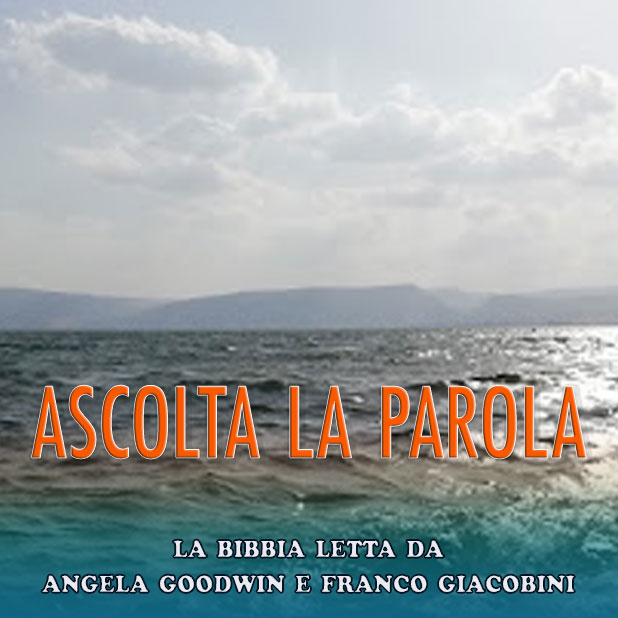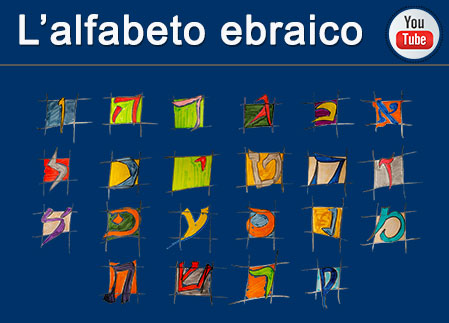Confraternidad Argentina Judeo Cristiana
Argentina 17/05/2006
To the Christian Communities of Latin America and the Caribbean,to All Those who Search for Justice, Peace and the Integrity of Creation
1. We are Christians, women and men, convoked by the Judeo-Christian Confraternity of Argentina, the Faculty of Theology of the Universidad Católica de Argentina (UCA) and the Instituto Universitario ISEDET (Protestant) of Buenos Aires. We have gathered in Argentina, in the presence of brothers and sisters from different Jewish communities, in order to hold the First International Symposium of Christian Theology in the San Martín Palacio of the Argentinean Chancellery, offered by the Secretaría de Culto (secretariat for religious affairs) of the Republic, co-organizer of the meeting. Over the course of three days we have reflected upon the relationship between Christians and Jews, beginning with the theme, Holocaust-Shoah: Its effects on Christian Theology and Life in Argentina and Latin America. As we end our meeting, we want to bring together and share the meditations that have blossomed from our interchanges.
2. We have been recalling the Shoah within its meanings of razing, destruction and annihilation. We have focused our attention on that vast collection of horrors suffered by the Jewish people within the context of the Second World War, fruit of a long period of preparation and incubation, when perverted Nazi ideology moved depraved intentions to eliminate an entire people. We have taken consciousness of the extent to which this unique and monstrous act shook the very foundations of the social contract, with the ethical and religious proposals in effect up to that moment. Christianity in particular, owing to its being in the majority in the countries where the massacre was perpetrated, was obliged to consider its own responsibilities and to rethink its own principles, above all when many Christians either participated in such atrocities or failed to protest enough against them.
3. We believe that when attempting to explain why the Shoah was possible, we must examine the religious causes. A long history of Christian antijudaism and of Christian violence against the Jews prepared the road for Nazi ideology. The fundamental weakness, and even the failure, of the Christian vision before the Shoah resided basically in a declaration of the uselessness or irrelevancy of the Jewish people. This is the key to understanding the theological roots that lie behind the events.
4. As then, so also in our own day, certain ways of understanding and preaching Christian doctrine end up offering a framework of containment, approval and reaffirmation of anti-Jewish convictions. Today, some still think that the Jews have nothing in particular to offer, because the religious faith that identifies them is considered to have already fulfilled its historic function. This mentality feeds into the idea, more or less conscious, that their eventual disappearance would not affect humanity. Anti-Zionism, inasmuch as it denies the right of Israel to exist as a state, and even regarding it as a danger to humanity, is a manifestation of this deplorable antijudaism yet present and active among us.
5. In Argentina, and in Latin America in general, even after the Shoah, reactionary conservative Christian sectors survived believing that their faith offered bases for their antijudaism. Argentina is one of the nations with a major Jewish population, and the Jews have enriched the life of the country with numerous and extremely valuable contributions. However, Argentina has been and still is the stage for persecutions or insults directed at Jewish persons and institutions, even on the part of convinced Christians.
6. Therefore, we are persuaded that theologians must critically re-examine the whole of their own traditions in light of the Shoah. Theology has to ask itself in what way do the theological roots of this event still continue to be present, and put all its efforts into extirpating them, so that no one can in any manner base his or her anti-Jewish statements on any supposed Christian doctrine, and so that any Christian that listens to anti-Jewish statements can energetically respond. Otherwise, theologians become accomplices of those who tolerate Nazism, or of those who continue to believe that Christian faith and antijudaism are compatible.
7. It becomes necessary to affirm that, after Jesus, the Jewish people in their concrete historic and religious reality, in our present day and at all times, has an irreplaceable mission, and that Christians are in permanent need of Judaism’s contribution.
8. Although we recognize important advances in reflection and dialogue among religious authorities and within specialized circles, the formation that students of theology, preachers and catechists receive must be revised, in order to achieve the definitive removal of statements that express anti-Jewish convictions, or that devalue the Jewish contribution, from both popular and academic language.
9. Dialogue between Christians and Jews permits us to recognize better that the Creator offers us grace, and requires us to cooperate in a communitarian manner, in order to confront the forces of evil that assault human dignity. We Christians, more than ever, are trying to recognize the presence of Jesus in the poor and suffering, and we understand that, on the Cross, he identified himself with all of them. But we believe that the Old Testament, the living and present Word of our God, contributes more than enough foundations for the social efforts of Jews and Christians. The Jews of Argentina are noted for a preaching style that beautifully brings out the social and civic consequences of faith, which coincide with the new accents in Christian theology. Taking into account the frequent violations of human rights in our country and in Latin America, we believe that the same God—Blessed be he—calls us to an ongoing reflection and cooperation ordered to the birth of a new world of fraternity, justice and peace, which will bring the Messiah whose coming, or return, we await.
Buenos Aires, May 17th, 2006.
NOTE: The present Final Declaration was read on the third day of the symposium and approved by general acclamation. In order to improve its representative nature, the participants – Christians -made suggestions afterwards that were incorporated into the definitive text.
(Translation: R. P. Robert Mosher - Chile)
239 visualizzazioni.
Inserito 01/01/1970
Relazioni Ebraico-Cristiane
Ultime novità nel sito
- 19/04/2020: Articolo - L’enigma della Maddalena
- 23/02/2020: Articolo - Il locus amoenus nelle catacombe ebraiche e cristiane di Roma
- 16/02/2020: Articolo - Il profetismo nel Vicino Oriente antico
- 13/02/2020: Articolo - I Profeti della Cappella Sistina
- 09/02/2020: Articolo - Gerusalemme e la Terra Santa di Israele


